You probably know the story by now. Early last May, Gearbox released its highly-anticipated Battleborn, a hero-based arena shooter meant to shake up the genre and send it in a new direction. Then later that month, Blizzard released its arena shooter competitor, Overwatch, a game with similar mechanics and ideas to Battleborn. A year and a half on, Overwatch has taken the world by storm, while Battleborn has sunken into the shadows — becoming everyone’s “It’s good, but it’s not as good as…” game.
Now there’s a new pair of games re-creating a similar scenario. Bluehole’s PlayerUnknown’s Battlegrounds — popularly known as PUBG — released earlier this year to unprecedented acclaim, providing a tense and polished shooter experience based on the Battle Royale concept.
This is how it works. Basically, you put 100 people on a small island whose boundaries gradually close in, and the last one left alive wins. It’s a tense twist on the stereotypical deathmatch — and one that players around the world have been eating up.
But it’s not the only one trying to disrupt the genre.
At first glance, Epic Games’ Fortnite doesn’t seem to have anything in common with Brendan Greene’s runaway success. The visuals are cartoon-like, rather than gritty, and it’s more of a tower defense game, where you fend off hordes of zombies.
That’s about to change, though. Epic Games recently released a Battle Royale mode for Fortnite, including several of the same elements making up Greene’s game. The company even claims inspiration from PUBG. How successful that mode will be remains to be seen for a variety of reasons, including player base retention and, of course, gameplay. Even though Bluehole made some bizarre choices in its response to Epic Games’ announcement, it still seems highly unlikely that Fortnite: Battle Royale has any chance of successfully challenging PUBG.
Here’s why we think that.
In the Beginning: Battleborn Vs. Overwatch
Battleborn was supposed to offer a great experience, and for many, it does. There is a variety of game modes to choose from, multiple characters to work with, and mechanics that are just plain fun. But that’s not enough. Like LawBreakers, Battleborn doesn’t offer enough variety in its characters to make it worthwhile. Many consider its presentation chaotic, too, with overly complicated maps and too many objectives, making it difficult to keep up with.
Most problematic, though, are the issues that beset many multiplayer-only games. Teamwork goes out the window in Battleborn — possibly due to the game’s complex mechanics — with everyone fending for themselves. Even in the middle of a good match, you’re likely to get disconnected from the servers and have to wait a while before getting pulled into a new one. The matches could (and can) still be fun, and plenty of players enjoyed (and still enjoy) their time with the game, but it ultimately leaves one wanting something more.
Overwatch fixed pretty much everything Battleborn did wrong. With cleaner overall presentation, characters with unique abilities — and stories, for those who care to go into them — and a more coherent chat system that allows for better teamwork, Blizzard had more than enough to mount a successful and victorious challenge. It was enough to keep players coming back for more –and more, and more — offering a more fulfilling experience than what players had with Battleborn.
A good deal of the game’s success comes down to Blizzard and its marketing, though. Blizzard’s prior successes meant it had a much larger fan-base, and its history with online games gave it the advantage of knowing exactly what players wanted and how to deliver it. Overwatch’s marketing campaign ensured people were well aware of the game — and its early access — but the advertisements also pulled people into the game through the characters and the amusing scenarios in the ads themselves.
Of course, without the gameplay and mechanics to satisfy the audience, none of this would have mattered. But the ads and marketing which surpassed that of Battleborn‘s campaign pulled a lot of fans in — and they never came back.
The Contenders: PUBG Vs. Fortnite: Battle Royale
The Incumbent: PUBG
The situation seems to be reversed with PUBG and Fortnite: Battle Royale, as the game that released first — PUBG — has a very secure position in the market and players’ homes. Some might wonder why: the visuals aren’t all that great, it takes quite a beefy computer to run it, and the Xbox version has been delayed.
But it’s easy to see why, actually: The reasons are similar to what made Overwatch so successful. The presentation is simple and clear, there’s really only one objective, and the servers work well. Plus, as a giant free-for-all, there’s no need to worry about effective teamwork (unless you’re playing PUBG‘s squad mode).
There is also a fantastic balance between skill and luck that keeps players coming back for more. Skill can only take you so far if you land in a part of the island that has no decent weapons, and with matches being over fairly quickly, it’s good incentive to try again.
Then there’s the eSports scene. Battleborn failed miserably in launching a successful eSports bid — but Overwatch did not. No real surprises there, given Overwatch’s popularity and better mechanics. PUBG‘s place in the eSports scene was cemented by dedicated players, players who actually pushed Bluehole into making it available for competition long before the company believed it was ready to. Despite the bugs — and anxiety — Bluehole managed to pull it off.
Bluehole wasn’t particularly well-known before Brendan Greene’s game, but before the first 20 days after release, over 1,000,000 copies of PUBG sold, with the numbers being much higher by now. All the credit doesn’t go entirely to Greene and Bluehole, though. Like basically all games, PUBG borrows extensively from its predecessor — in this case, Daybreak’s H1Z1: King of the Hill. Daybreak acknowledged this fact recently but made no real fuss about it.
The Challenger: Fortnite: Battle Royale
Then along comes Fortnite from Epic Games. The two couldn’t be more different to begin with, owing to Fortnite’s emphasis on tower defense and its cartoony aesthetic. Much about it mirrors Battleborn as well, with multiple characters — all of which are relatively uninspiring — and gameplay modes that become stale after playing even a short while.
But there’s more to it than that. Probably in response to the lackluster reception the original version received, Epic Games recently released a Battle Royale mode for Fortnite, even giving a nod to PUBG in its reveal. That shouldn’t be a problem, right? Especially since PUBG borrowed heavily from King of the Hill?
Well, Bluehole thinks otherwise. Rather than taking the usual route and contacting Epic Games via legal channels, Bluehole issued a press release threatening legal action and claiming the game is far too close to its own concept to let it go unnoticed. It provided Fortnite: Battle Royale with a good deal of free publicity, where otherwise it might have gone largely unnoticed.
Of course, the big question is whether this turn of events will put a dent in PUBG‘s popularity and crown Fortnite the king of Battle Royale. Given PUBG’s entrenched popularity, the answer is probably not.
However, Fortnite: Battle Royale is shaping up to be a contender in its own right. As one would expect, considering its source material, the core game is rather enjoyable. Like PUBG, it throws 100 players onto an island for a giant free-for-all, but instead of an electric field closing in around the island, there is a storm that pushes players closer together. Gone are the uninspired game modes and silly backstory — all replaced by simple and clean gameplay mechanics.
On top of that, Fortnite: Battle Royale doesn’t have vehicles and it does introduce some rather interesting mechanics to help it stand out from PUBG, such as the ability to construct buildings and fortresses from the scrap and materials around you. Yet building is time consuming — and nothing shouts “I’m here, come get me” quite like a giant building. And honestly, vehicles are fun (and sometimes necessary) in games like these. So only time will tell if these features (or lack thereof) will attract or repel gamers. Oh, and it also doesn’t hurt that Fortnite: Battle Royale is currently free to play — on both console and PC — whereas PUBG is currently priced at $29.99 and only available on PC.
Of course, none of that means gamers will flock to Fortnite or that Epic Games is in the clear. Bluehole just recently issued a clarification of the press release. They stated their primary issue with Epic Games’ advertisement was that they used PUBG for promotion without Bluehole’s knowledge or permission, ultimately making it seem as though Bluehole was somehow involved in the Fortnite development process. Rather than dooming PUBG, this could very well cast Epic Games in a very negative light, particularly since they had no license to do what they did.
The Winner?
However this ultimately pans out, the original press release does, indeed, make it seem like the problem was down to the core idea behind Fortnite: Battle Royale. And the choice to issue a badly phrased press release, rather than keep the problem private, was an odd one.
It is likely not coincidence that Bluehole just announced they are forming a new corporate subsidiary to push forward PUBG’s development in the future: PUBG Corp. Bluehole has expanded corporate operations into Europe and North America and is planning on further expansion. According to Bluehole, the move will allow them to focus more extensively on developing the PUBG brand, including expanding its presence in the esports arena. And even though Fortnite has the advantage of being on consoles now, Bluehole plans on PUBG‘s early access on Xbox being available by the end of this year–just in time for the holidays.
Only time will tell which company comes out of this on top. One can hardly fault players for choosing a fun game to play, especially one more accessible for console owners, especially if the player is unaware of the issues going on between the two companies. Still, with several million copies sold and the aggressive expansion planned for PUBG, there is little doubt of PUBG‘s victory in the end — but it might not be as clear and clean a victory as Overwatch‘s was.
Let us know down in the comments what you think about the whole debacle and which game you think will come out on top!


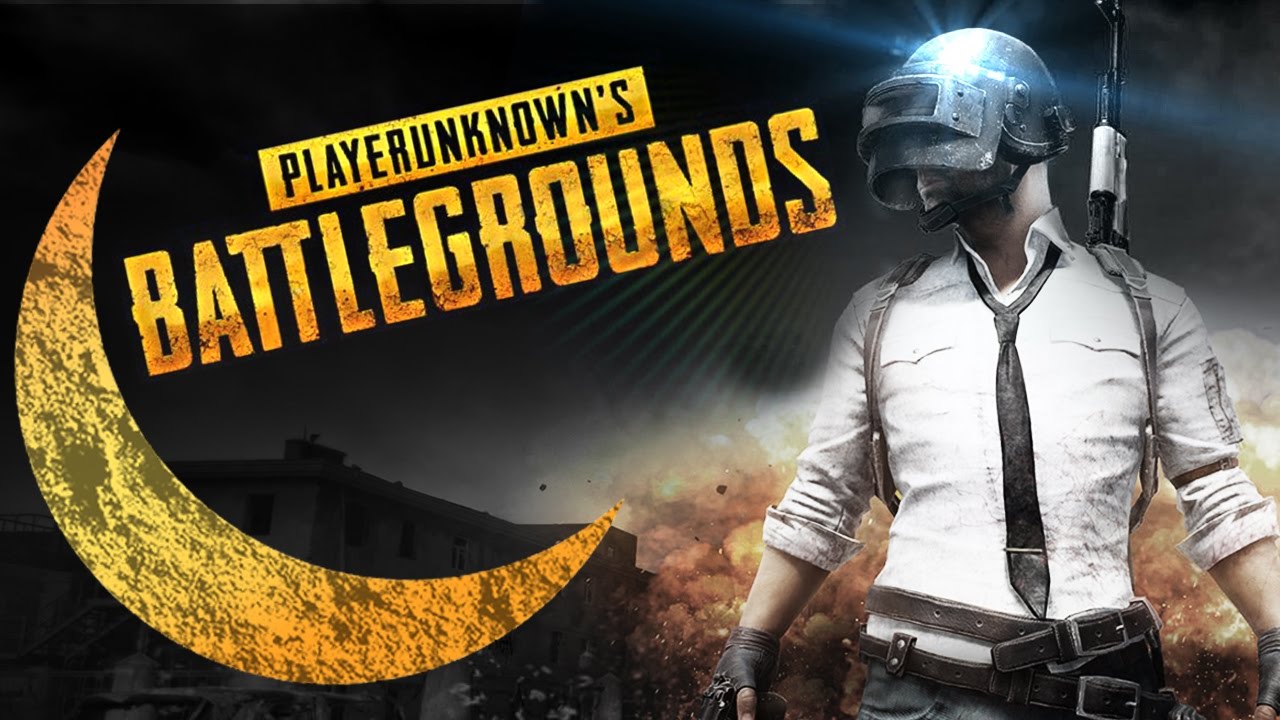
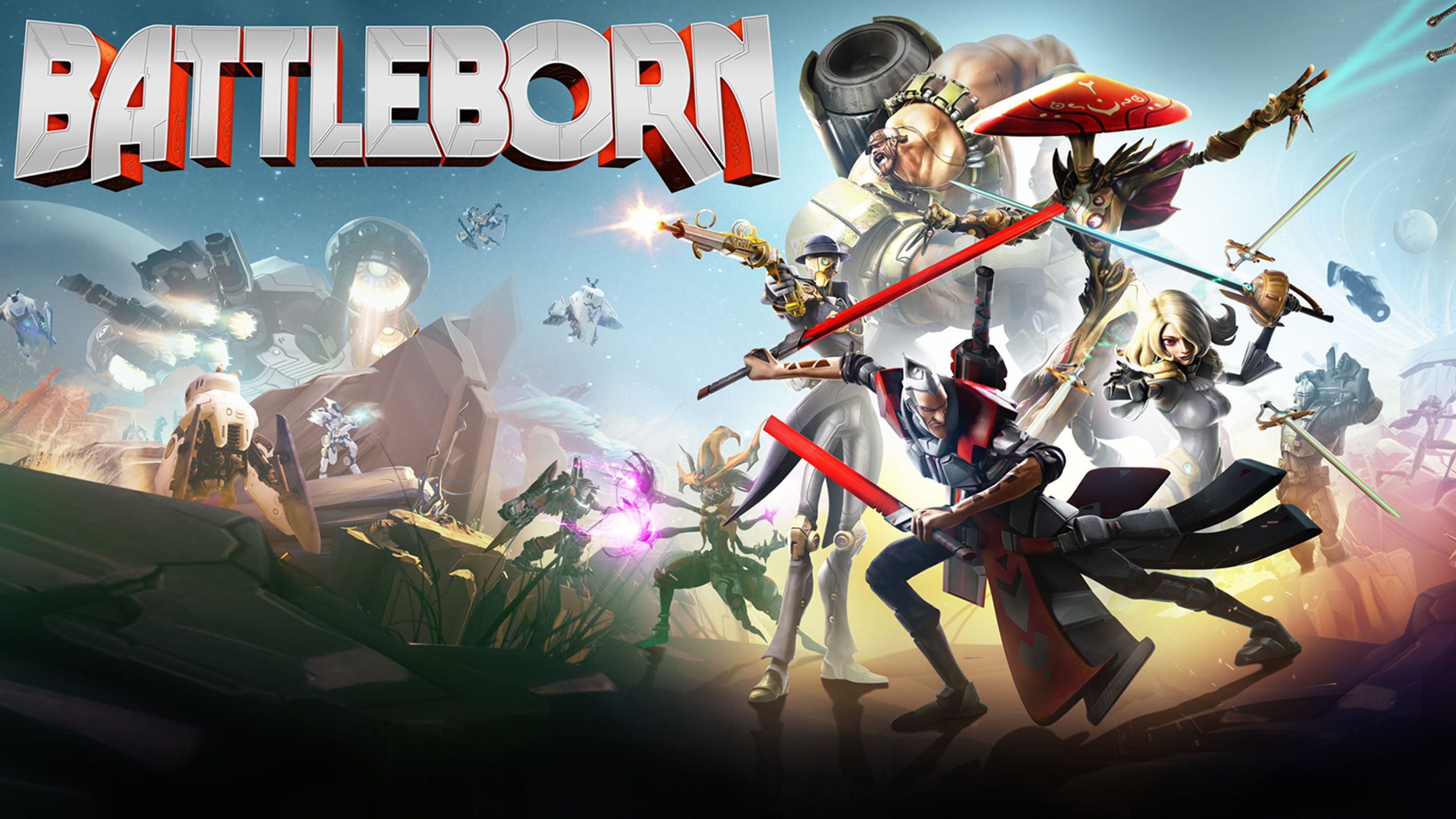
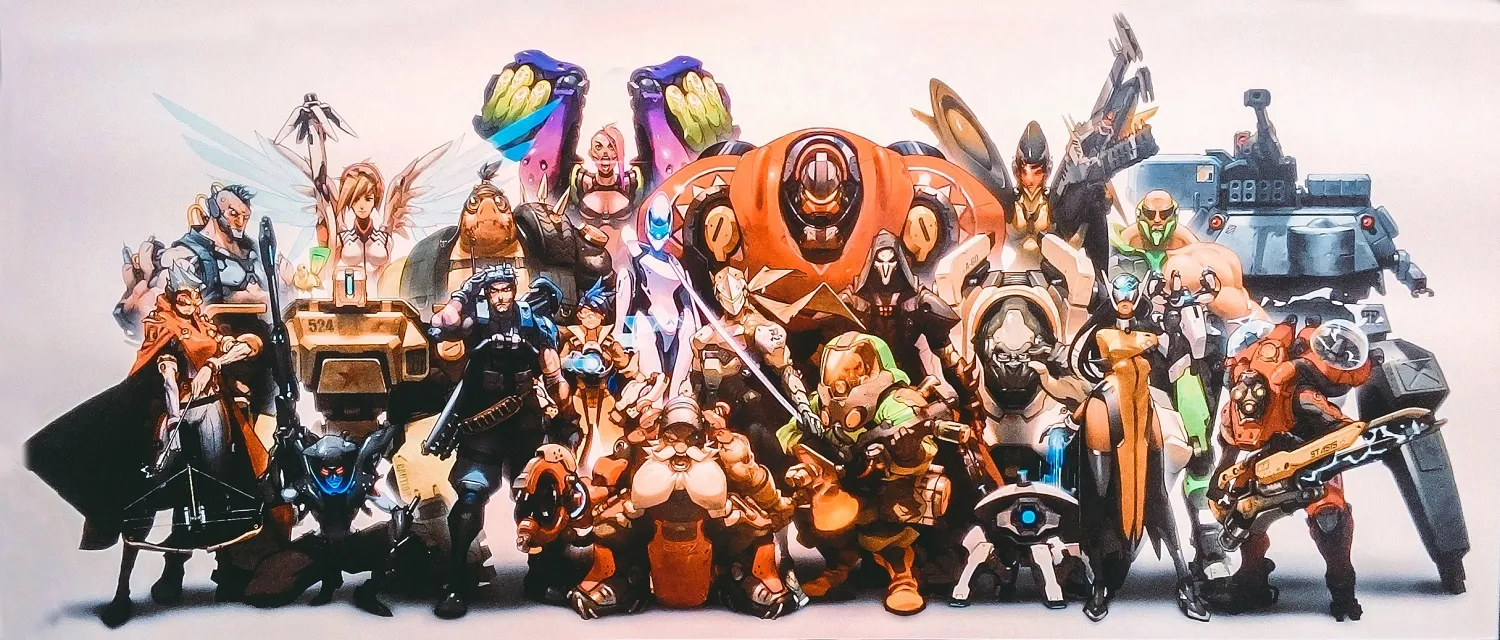

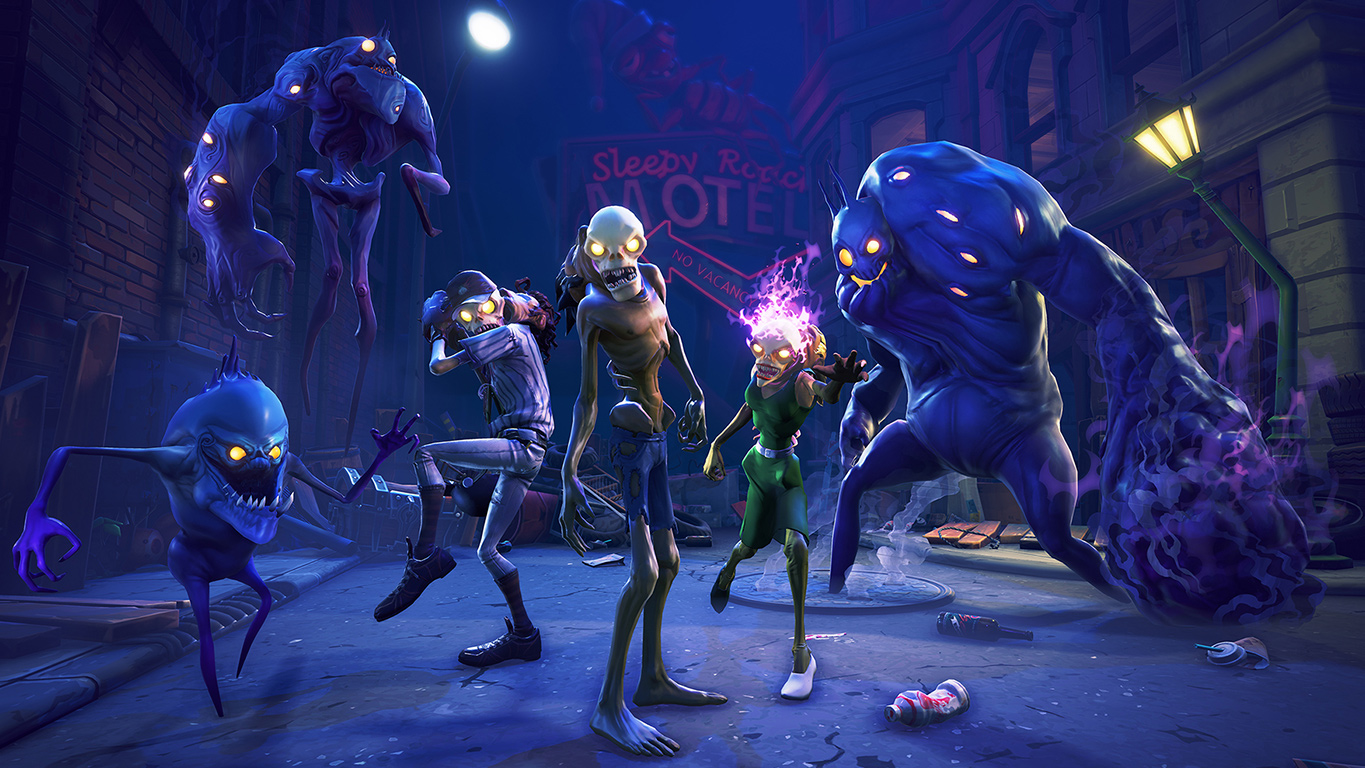




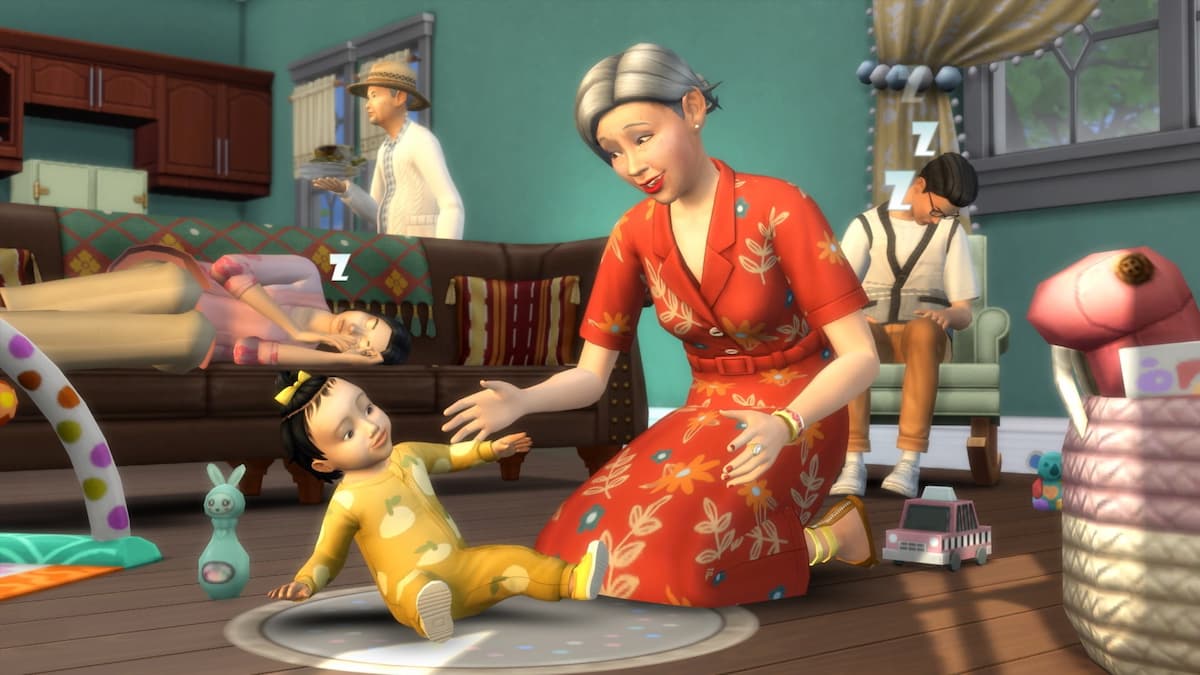
Published: Sep 25, 2017 11:02 am